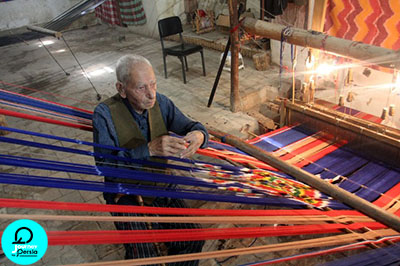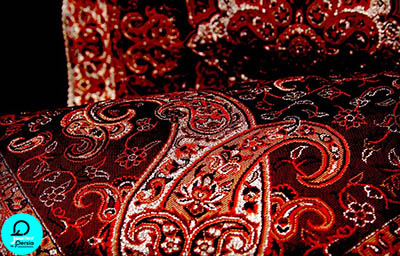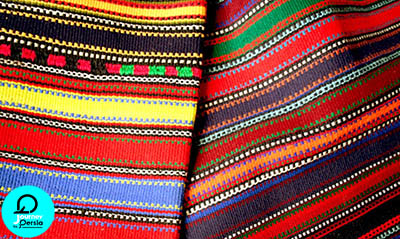Explore Persia
Tours
Traditional Fabric Weaving
Traditional Fabric Weaving
Traditional fabric weaving is a type of Iranian handicraft which embodies more than seventy sub-branches with their unique characteristics that differ depending on the tools, materials and weaving technique used to produce the ftabric. As one of the oldest Iranian arts (its history in Iran goes back to a few millennia B.C), fabric weaving is popular in most of urban, rural and Nomadic societies. These fabrics which are regularly woven with natural yarns made of cotton, wool, silk, flax etc. has been a favorite material for aristocratic families since it can have both material value and symbolic meaning. In many societies, these textiles have had a vital role in social, economic and religious life of the people and have been an inseparable part in all ceremonies like wedding, birthday parties, and burial ceremonies. Some of the most famous types of traditional fabric you may see in your travel to Iran are: Jajim (found in western cities of Iran), Siah Chador (Kohgiluyeh and Boyer-Ahmad, Ilam, Khorram Abad), Zariboft (Isfahan), Abrisham (silk) (Golestan, Khorasan and East Azerbaijan), Termeh and Darayi (Yazd).
Darayi weaving

Termeh and its pleasing patterns

Jajim

 En
En Fr
Fr Ch
Ch Sv
Sv Ir
Ir




Traditional...